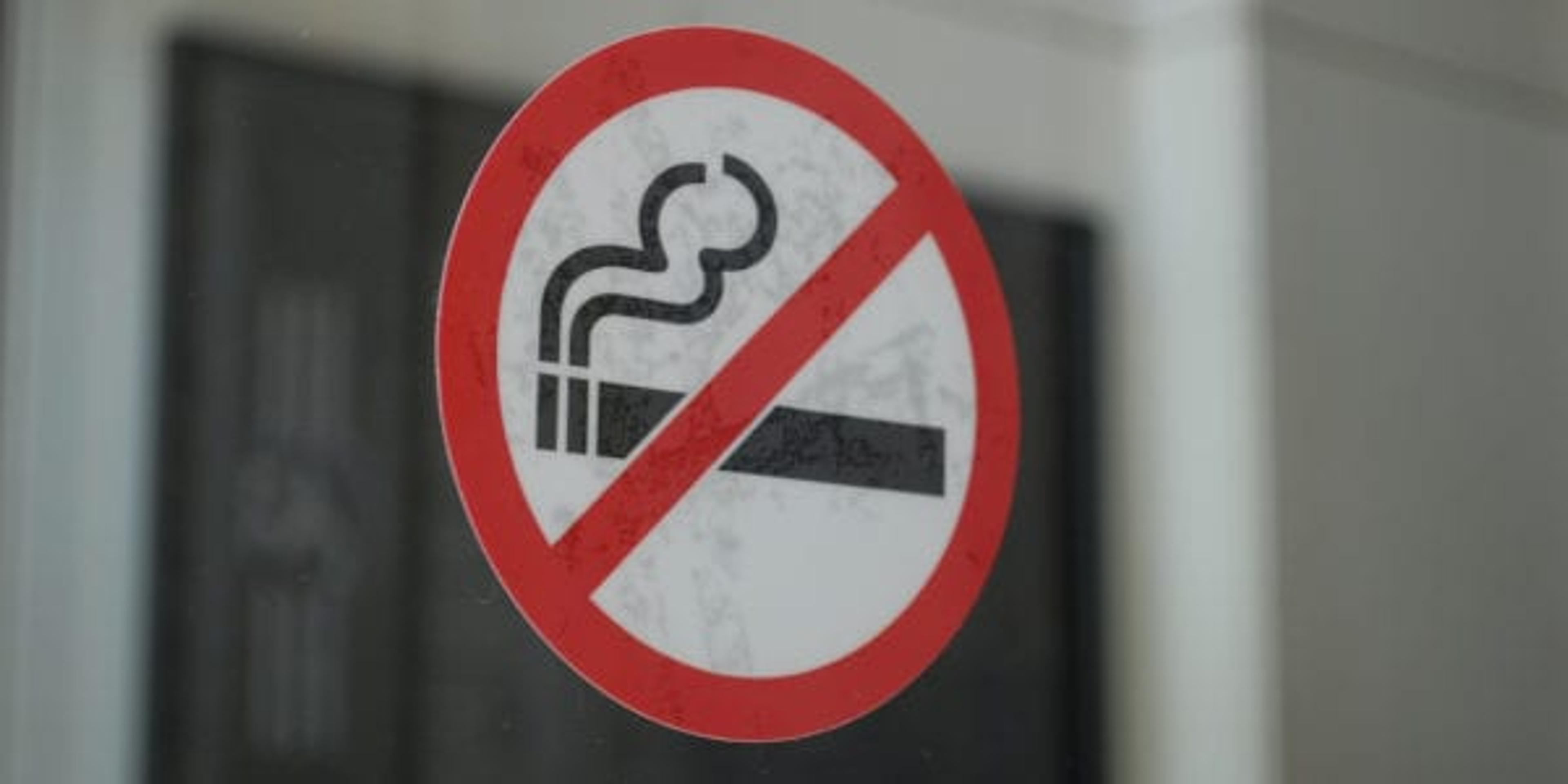Strategies to Help You Quit Smoking
| 3 min read

If you or a friend have been thinking about quitting smoking, there’s no better time to kick the habit than now. The long-term effects are serious, as using tobacco can put smokers at risk of cancer, heart attacks, emphysema and many other deadly diseases. Most smokers understand the health risks of smoking, but like most habits, it can be very hard to quit. Here are some strategies to help you quit on your own (or help a friend or family member):
- Make the commitment. Make sure you’re 100% committed to making the change. After you’ve done all the preparation we recommend below, set a quit date for yourself. Then, do it!
- Focus on short-term wins. Some of these include your clothes and breath smelling better, having more money in your pocket, and breathing much easier. Think of these short-term benefits when it’s tough in the beginning.
- Be prepared. It’s common for most people to experience withdrawal symptoms during the early stages of quitting. Some of those symptoms include anxiousness, irritability and frustration. Having withdrawal symptoms can be discouraging, but it’s important to remember withdrawal is only temporary. Continue to remain 100% committed and don’t be afraid to ask your family and friends for support.
- Avoid tempting situations. Are there certain beverages or smells that trigger your cravings? If so, it may be time for you to make some changes to your routine. Avoid areas where smokers gather and drink juice or tea in the morning instead of coffee if it triggers your cravings. Chewing on vegetables or gum may also help take your mind off your cravings.
- Limit your amount of daily tension. It’s almost impossible to avoid stress, but there is a way to limit the amount of stress you experience. Stay organized by creating daily to-do lists, or leave earlier than you normally would for work or appointments to avoid traffic. If you feel stressed, take a few deep breaths, or treat yourself with self-care regimens like a massage. Taking these steps will limit your normal reaction to have a cigarette when you’re stressed.
- Get support. Many organizations offer in-person counseling programs, and there are also help lines you can call if you’re feeling like you’re in need of support. A quick Google search in your area can help you find these types of support organizations. And, because many people are motivated by social pressure, tell your friends and family members you’re trying to quit. They want to help you, so just ask them.
- Reward yourself for fighting your cravings. When you fight your cravings, use the money you’ve saved for a weekend getaway, a shopping trip or dinner with friends. You deserve it after all of your efforts to live a healthier life.
- Try, try, and keep trying. Quitting is hard, but don’t get discouraged if you fail after attempting to quit. The majority of smokers try to quit seven times before they’re successful, so don’t give up now.
Quitting a habit like smoking isn’t an easy transition, but we’re here to help, and so are the many organizations that offer in-person counseling programs and telephone help lines. For more information on strategies, medicine and other support resources you can:
- Talk to your doctor.
- Read Blue Care Network of Michigan’s Quit Guide.
- Watch Blue Care Network’s video featuring a doctor’s advice on smoking.
- Call the Michigan Tobacco Quit Line at 1-800-784-8669.
Photo credit: SmartSign





